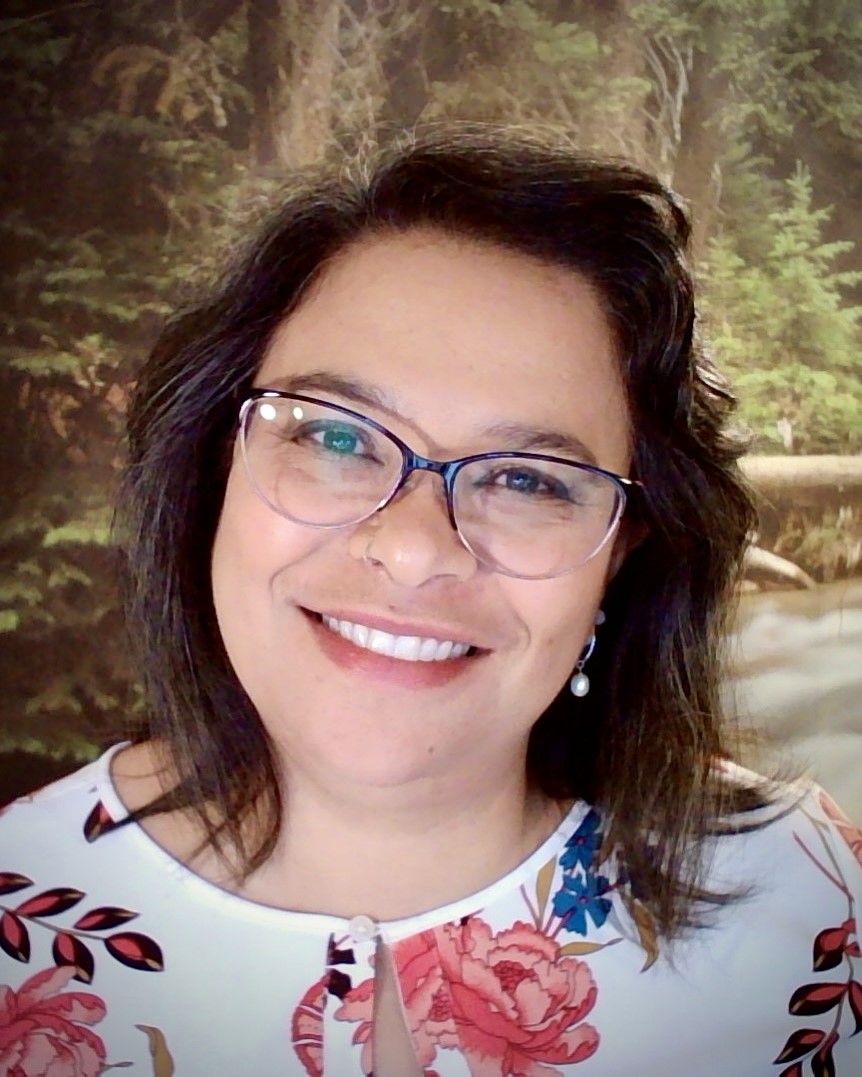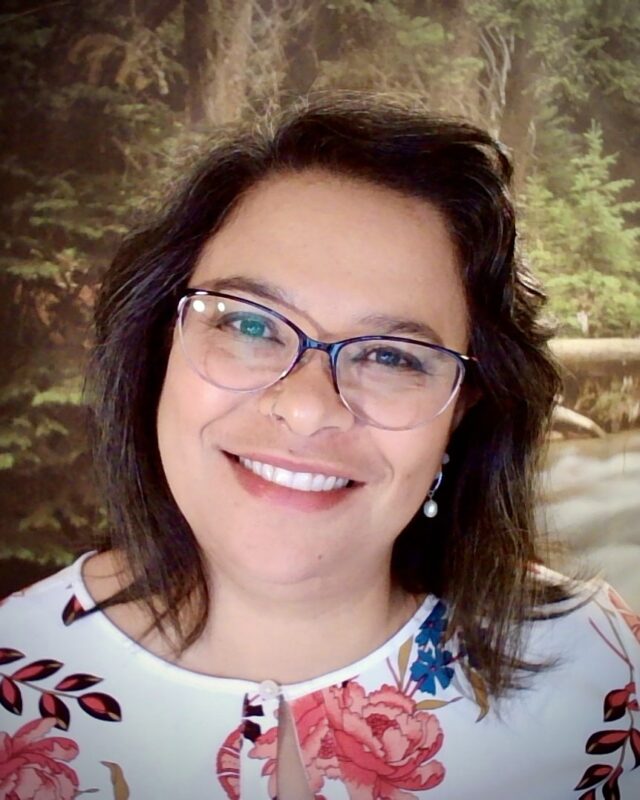NSF Supports Etson’s Efforts to Develop Evidence-Based Inclusion Strategies in STEM


While scientific societies frequently approach diversity and inclusion efforts by supporting the professional development of historically underrepresented groups, data is lacking to evaluate the efficacy of these methods.
As co-principal investigator I of a $701,000 National Science Foundation grant awarded to the American Society for Cell Biology (ASCB), Candice Etson, assistant professor of molecular biology and biochemistry, will help establish a network of experts who will collaboratively identify evidence-based inclusion strategies in STEM. The results will be reported and disseminated in open-access training materials and publications throughout the duration of the three-year project.
The project, titled “Enhancing and Developing Biology (LED-BIO) Scientific Societies Shedding Light on Persistent Cultural Challenges” will work to identify strategies to empower societies to collect consistent demographic data of their memberships, better integrate scientists in transitional career stages into scientific society activities, and diversify the ranks of scientific society leaders.
“By fulfilling these goals, this project aims to overcome persistent challenges that frequently undermine diversity efforts within independent communities of scientists,” Etson said. “We look forward to sharing our findings, which will broadly benefit all scientific communities.”
Etson is collaborating on the project with colleagues from a variety of different organizations who all bring unique perspectives to the work. They include Principal Investigator Verónica Segarra, assistant professor of biology at High Point University; Simone Soso, program director for the Quality Education for Minorities Network; Linda Hyman, Burroughs Wellcome Director of Education for the Marine Biological Laboratory; and Donald Gillian-Daniel, associate researcher at the University of Wisconsin-Madison and PI of the NSF INCLUDES Alliance: National Alliance for Inclusive and Diverse STEM Faculty. Wesleyan will receive $55,310 from the overall grant funds for the three-year study.
“Through virtual town halls and in-person think tanks, we’ll work to establish, expand, and strengthen a cross-disciplinary network,” Etson said.
The network, Etson explained, will be coordinated by the Alliance to Catalyze Change for Equity in STEM Success (ACCESS) and its member societies in the life sciences, which, along with ASCB, include the American Society for Biochemistry and Molecular Biology, the American Society for Pharmaceutical and Experimental Therapeutics, the Endocrine Society, and the Biophysical Society (BPS).
Representing BPS, Etson served as a member of the leadership team of ACCESS, which was founded with a grant on which Segarra was co-PI. Etson was lead author of ACCESS’s most recent publication, “Beyond Ticking Boxes: Holistic Assessment of Travel Award Programs Is Essential for Inclusivity,” which appeared online Oct. 21, 2021 in The Biophysicist.
Also, Etson and Segarra are guest editing a Frontiers Research Topic called Professional and Scientific Societies Impacting Diversity, Equity and Inclusion in STEMM.
For more information, contact Professor Etson at cetson@wesleyan.edu.

